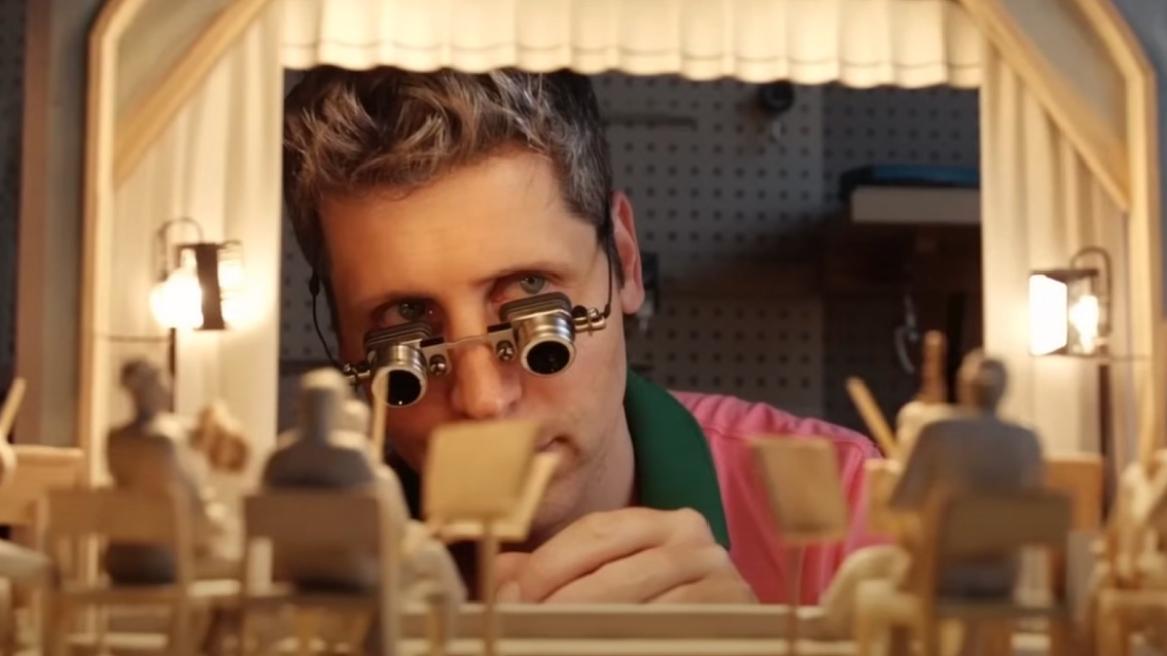
- CODA, which represents many Japanese studios including Studio Ghibli, has asked OpenAI to stop training Sora 2 on copyrighted material.
- The Japanese association says even the "act of replication" during the training process constitutes copyright infringement.
- In addition, CODA says OpenAI's opt-out policy is incompatible with Japan's IP law.
The Tokyo-based Content Overseas Distribution Association (CODA), which represents major Japanese studios including Studio Ghibli, has urged OpenAI to stop training Sora 2 on its members’ copyrighted work. In a letter sent on October 28, CODA formally asked OpenAI not to use its members’ content for machine learning without their permission.
CODA Says OpenAI’s Opt-out Policy Violates Japan’s Copyright Laws
OpenAI recently launched its Sora 2 video generation model along with a new Sora app, which has gone viral. It can generate many popular characters from movies, shows, anime, and manga without any restrictions. Now, instead of restricting generation of copyrighted work, OpenAI is asking studios and publishers to opt out after the training, in case they have any objections.
That’s where CODA in a letter says that “under Japan’s copyright system, prior permission is generally required for the use of copyrighted works, and there is no system allowing one to avoid liability for infringement through subsequent objections.“
Essentially, OpenAI can’t train on protected material and then later ask companies to opt out. In fact, CODA argues that even training or “the act of replication during the machine learning process may constitute copyright infringement.“
So it’s not just the output, but also training on copyrighted material without permission may violate Japanese IP law. Recently, Hollywood called out OpenAI over Sora 2 copyright issues and made a similar point. Now, let’s see how OpenAI reacts to mounting pressure from IP holders worldwide.
